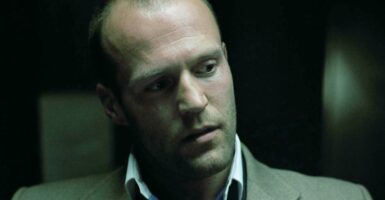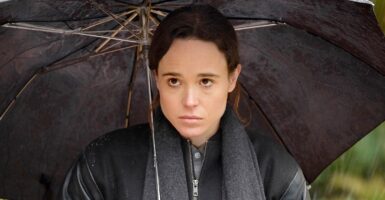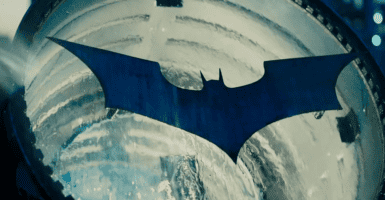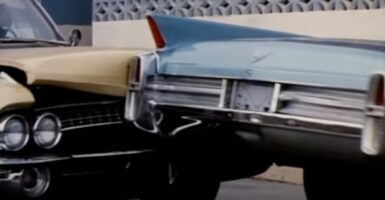The Anime Disney Ripped Off For Their Classic Movie
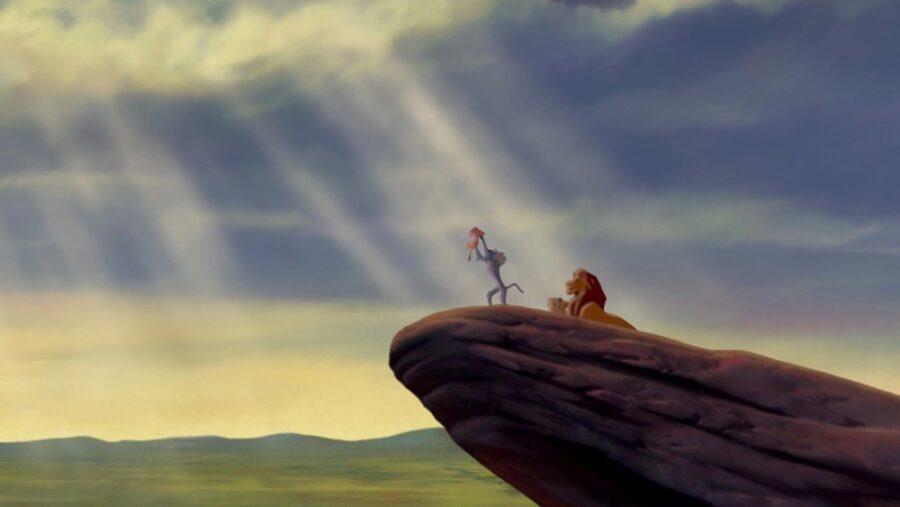
It’s often said that imitation is the sincerest form of flattery, but not when used to make tens or hundreds of millions—which is something Disney is well-known for. Of course, we’re not referring to adaptations of Kinder- und Hausmärchen by the Brothers Grimm, in which Disney removed some of the more gruesome content associated with original works. No, this time we’re referring to Disney’s 1994 The Lion King, which is, according to Hollywood Reporter, a rip-off of the 1960s anime series Kimba the White Lion—allegedly.
In 1994, Walt Disney Pictures released The Lion King to critical acclaim, claiming that, unlike other Disney animated films before it, The Lion King wasn’t based on a previous work. Instead, the animated classic was marketed as an entirely original narrative developed entirely by Disney Feature Animation.
However, those claims of originality were instantly challenged by those familiar with the popular anime series called Kimba the White Lion that aired during the 1960s in Japan. The claims of similarities quickly led to outright accusations of plagiarism.
The animated classic was marketed as an entirely original narrative developed entirely by Disney Feature Animation.
So, the narrative centers on a young lion who aspires to bring peace to the jungle after the death of his father, who was a king of the jungle, killed while trying to save his cub. Throughout the young lion’s journey, he manages to return home and becomes a leader of the animals like his father before him.
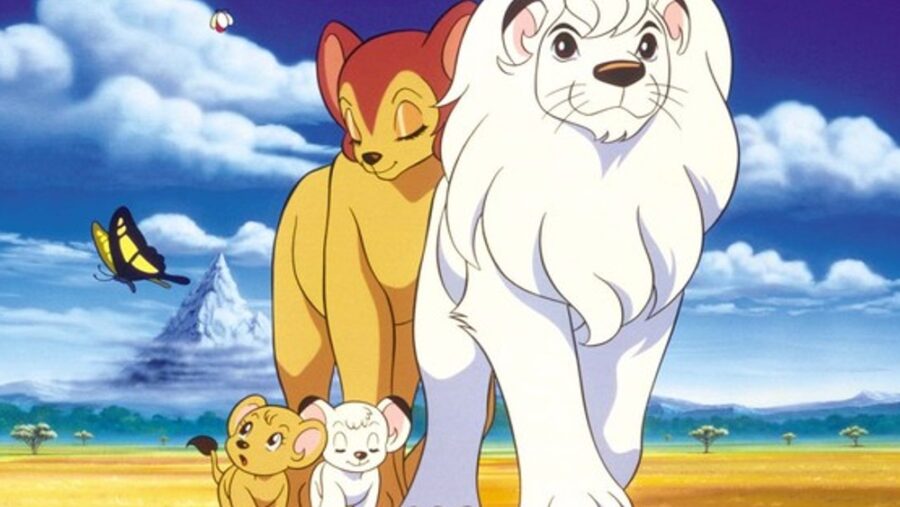
It’s a well-known story of The Lion King. Except that we’re actually talking about Kimba the White Lion, the anime series Disney allegedly plagiarized. And to be entirely honest, some similarities between the two are astounding.
For example, those accusing Disney of plagiarism pointed out the similarities between the two narratives—though pointing out the differences makes for a shorter list—visual similarities between the protagonists and their respective fathers in both animations.
Osamu Tezuka and Tezuka Productions expressed that there are similarities between the two works but that they also believed that no malicious intent was involved.
Additionally, both works contain scenes in which young lions talk to their lion fathers, appearing as clouds in the sky, and some similar confrontations with respective villains. Even The Simpsons made fun of similarities between Kimba the White Lion and The Lion King in the episode titled “Round Springfield.”
One would think that in the ruthless and brutal corporate world, Tezuka Productions, the studio run by Osamu Tezuka, the creator of Kimba the White Lion, would legally pursue Disney for copyright infringement, considering that both the White Lion and The Lion King are basically the same work told differently—with some notable differences as well. But that actually wasn’t the case. Osamu Tezuka and Tezuka Productions expressed that there are similarities between the two works but that they also believed that no malicious intent was involved.
Disney’s The Lion King is believed to be a ripoff of the 1960 anime Kimba the White Lion.
Furthermore, Tezuka was a massive Disney fan and would have been flattered by any similarities between Kimba the White Lion and The Lion King. Disney, on the other hand, maintained its position that The Lion King is an original story influenced by Hamlet and the Biblical tales of Joseph and Moses.
The company even went as far as to deny any intentional similarities between the two works, even though The Lion King’s director, Rob Minkoff, acknowledged the similarities between the two.

